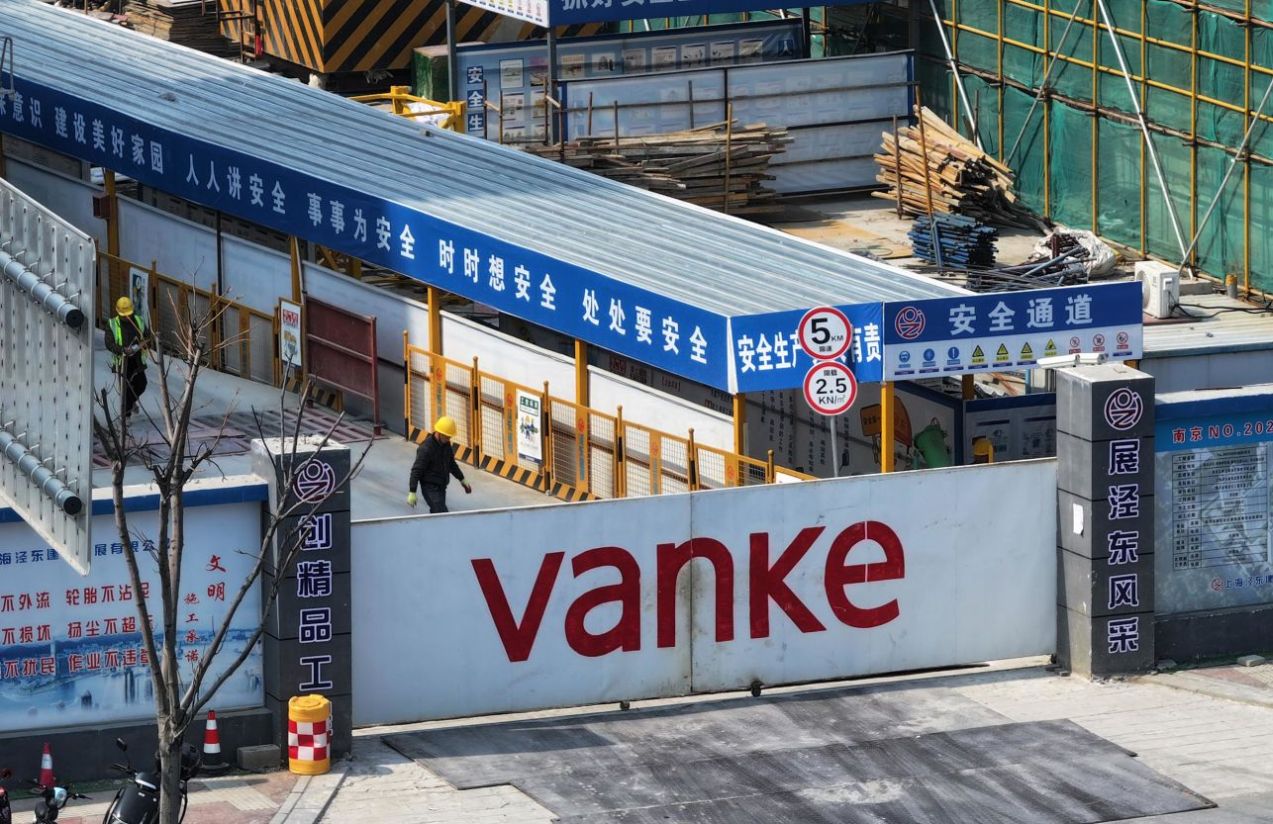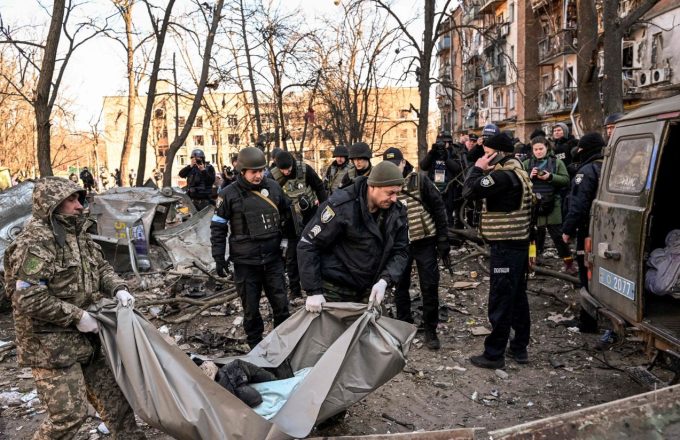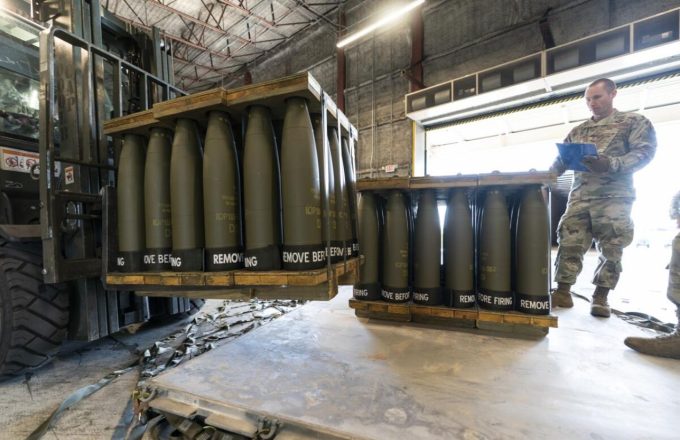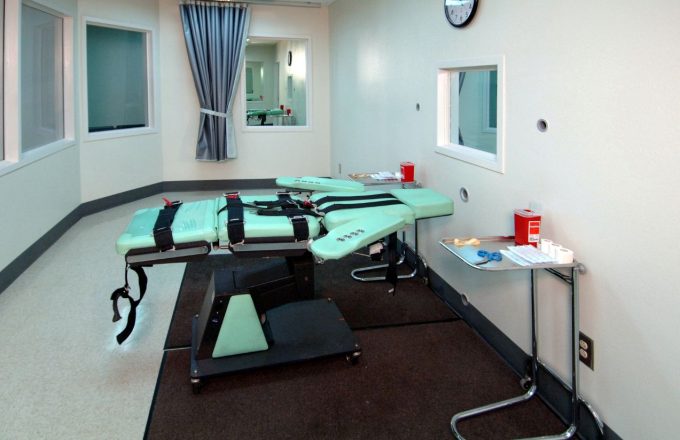After four years of inaction as real estate giants like China Evergrande Group collapsed under mounting debt, the Communist Party finally stepped in this January to prevent China Vanke—one of the last major developers standing—from going under. With Vanke’s bonds plunging and the company warning of record losses totaling $6.2 billion, Shenzhen authorities took operational control and began drafting a plan to cover its $6.8 billion funding shortfall for the year.
While the intervention brought some relief to the markets, it also highlighted a troubling reality: China’s real estate crisis is deepening. Despite multiple efforts by Xi Jinping’s government to stimulate the sector, home sales have plummeted again. Chinese banks have tightened lending for projects outside key cities like Shanghai, and international creditors are losing patience with the growing list of struggling developers. Companies like Country Garden are facing liquidation requests, while in Hong Kong, major developers such as New World Development are selling off assets to offset losses.
This crisis poses a serious threat to China’s economy, which is already grappling with weak consumer spending and trade tensions with the U.S. Without decisive action from Beijing to restore confidence in the real estate market, the situation could further deter foreign investment and weaken Xi’s bargaining power on the global stage.
“The government’s response is often too late, like putting a Band-Aid on a deep wound,” warns Huan Li, co-founder of Forest Capital Hong Kong Ltd. “Supporting Vanke is a positive step, but much more is needed.”
The crisis began when Xi shifted China’s economic model toward technology-driven growth at the expense of real estate, triggering tighter regulations and the bursting of the housing bubble. Since peaking in 2021, home prices have fallen 30%, and the sector’s share of the economy has dropped from 24% to 19%. Evergrande’s collapse in 2021 was a turning point, sparking protests from homebuyers who were left without completed properties.
Rather than bailing out developers, Beijing focused on ensuring home deliveries, urging local governments and state-backed firms to purchase unsold properties. It also lowered mortgage rates and lifted buying restrictions to manage the crisis without reigniting the housing boom.
Vanke, China’s fifth-largest developer, was seen as a key pillar of this strategy. However, investor concerns mounted as its debt repayment challenges grew. With $4.9 billion in bonds maturing by 2025, Moody’s downgraded its rating to Caa1, citing weak liquidity.
A collapse of Vanke would shake confidence in state-backed developers such as Poly Developments and China Overseas Land. Additionally, banks may tighten lending further, accelerating the decline in housing demand and prices. Raymond Cheng of CGS International Securities estimates that new home sales could drop another 10% this year in a worst-case scenario.
“If Vanke falls, Beijing’s entire real estate stabilization strategy will be questioned,” warns Xu Liqiang, an analyst at Silver Leaf Investment. “The real concern is: who’s next?”
To contain the crisis, Chinese authorities are preparing a proposal that would allocate $2 billion from local government bond quotas to purchase Vanke’s assets. The company, in turn, plans to repay its debts by selling properties, shedding non-core assets, and securing new financing.
However, falling demand is hitting the entire sector. Sunac China Holdings, whose 2023 debt restructuring was seen as a model for other developers, now warns it may need another restructuring. China Fortune Land Development is considering abandoning its original debt plan and turning to the courts—a rare move for Chinese developers. In Hong Kong, liquidation petitions against firms like Shimao Group are piling up.
The industry is caught in a vicious cycle: declining sales make banks reluctant to lend, which prevents developers from completing projects, further scaring off buyers. Although Beijing allocated funds to support select developments through its “White List” program, banks remain cautious, prioritizing projects in key cities.
As China’s annual parliamentary session in March approaches, investors and economists are hoping for a broader rescue package. But with the housing market in freefall and buyer confidence at historic lows, the big question remains: will it be enough?




















